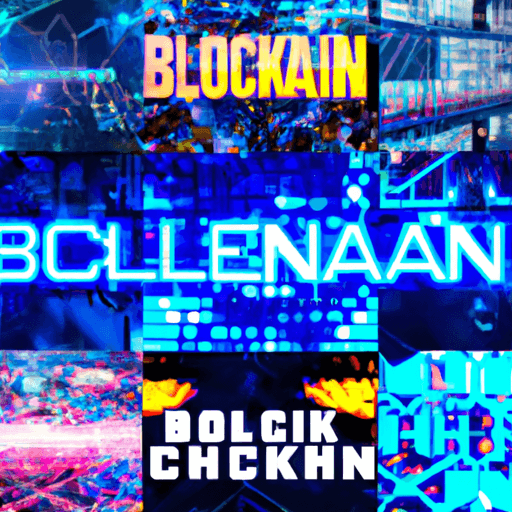The Influence and Impact of Blockchain Technology in Gaming and eSports
The emergence of blockchain technology, initially designed as a backing technology for cryptocurrency, has spread its influence beyond financial transactions. The gaming and eSports industry is one of the burgeoning sectors that have recognized the immense potential and impact of blockchain technology, embracing it to redefine the world of virtual entertainment. This article provides an in-depth investigation on the influence of blockchain technology in gaming and eSports.
Blockchain: Altering the Landscape of Gaming
Blockchain has shown a new path for game development and gameplay. One of the successful examples is CryptoKitties, a game where players breed and trade virtual kittens. Each kitten represents a non-fungible token on Ethereum's blockchain, ensuring players' ownership over their pets. Thus, blockchain brings in the concept of actual ownership, wherein even game developers can't take away a player's gaming assets.
Blockchain and Gaming Transactions
Blockchain has also significantly impacted in-game transactions, offering seamless, secure and faster transaction methods. As an added advantage, it also brings down the expenses related to chargebacks and frauds. For instance, Enjin, a blockchain platform, allows users to create and manage virtual goods.
Data Security in the Gaming Industry
With escalating cyber threats, data security is another vital aspect of gaming that blockchain handles. It can secure player information and game data with its inviolable nature. It ensures transparency in transactions and game outcomes, reducing the chances of scams or hacking.
Future Implications of Blockchain in Gaming and eSports
Blockchain has unfathomable potential in redefining the gaming and eSports industry. We could see more dynamic and immersive games, built on blockchain, with portions of the virtual world owned by gamers, creating a decentralized environment. Blockchain could also pave the way for transparent eSports tournaments, where smart contracts autonomously manage prize pools and payouts.
The Opportunities and Challenges Ahead
While blockchain opens numerous doors to opportunities, like true ownership, data security and efficient transactions, it also presents challenges. Its integration into existing systems, the complexity associated with the technology, and scalability are among the significant challenges. Moreover, the volatility of cryptocurrencies adds another layer of complexity in integrating blockchain into gaming.
Conclusion
The exploration into blockchain technology’s influence on the gaming and eSports industry reveals a promising yet challenging future. As this technology continues to evolve, it will be intriguing to see its continued impact on the future of gaming and eSports.



















Comments
Leave a Comment